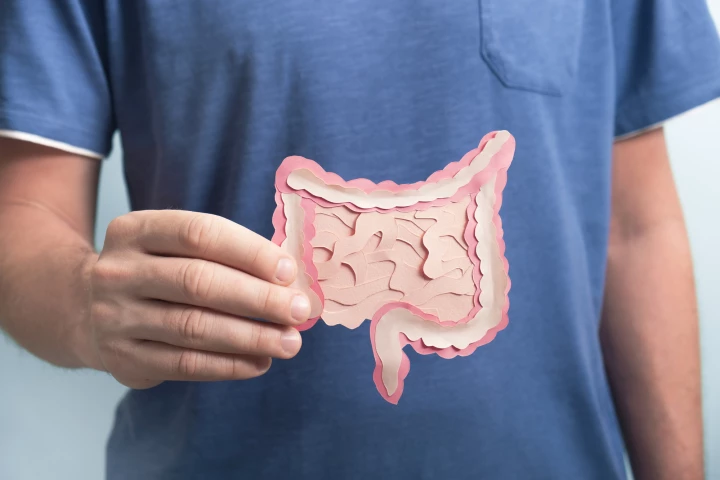Metabolic syndrome
-
A massive global study has turned up some grim news: That 87% of us are not routinely getting quality sleep and meeting physical activity levels needed for long-term health. And, scientists discover, one is more influential than the other.
-
The World Health Organization has finally made its recommendations on using GLP-1 therapeutics for weight loss, though it remains to be seen whether it changes their status for prescribing or price. And scientists still have some concerns.
-
Scientists have made a major breakthrough in understanding how fat cells grow in size, in response to accommodating larger droplets of fat. The findings unlock a new path in tackling obesity, by reducing the amount of fat our cells can store away.
-
Millions of people with type 2 diabetes might actually be undermining their efforts to improve their health, with researchers demonstrating that the commonly prescribed metformin blocks the cardiovascular benefits normally gained through exercise.
-
A single fecal microbiota transplant in obese teens was linked to long-lasting metabolic improvements, including smaller waistlines, reduced body fat, lower inflammation, and better cholesterol levels, with some benefits still evident four years later.
-
Scientists have identified a protein that acts as a kind of traffic cop for fat inside cells, revealing a mechanism that could help explain how the body regulates energy storage. The discovery provides a new avenue for tackling obesity and diabetes
-
New research has found that men’s and women’s metabolisms favor eating different foods at breakfast time and could be key to developing personalized nutrition strategies that help to address health issues or lose weight.
-
New research has homed in on the way our genes can be turned up or down depending on levels of physical activity. The unique study focused on exercise-induced epigenetic differences in genetically identical twins.
-
Researchers from Rutgers University have conducted a close investigation of the metabolic differences between night owls and early birds, finding those who prefer staying up late may be at greater risk of type 2 diabetes and heart disease.
-
A new animal study has shown sugar contributes to metabolic diseases by altering the microbiome. The findings reveal how certain gut bacteria protect against the harmful effects of a high-fat diet, and how sugar disrupts those protective mechanisms.
-
A preclinical study has demonstrated, across several animal studies, how an experimental drug can treat type 2 diabetes by increasing the expression of a recently discovered protein found to influence insulin signaling in cells.
-
A trial testing fecal transplants in obese subjects with metabolic syndrome found the treatment was only beneficial when accompanied by non-fermentable fiber supplements. The trial saw improvements in insulin sensitivity 6 weeks after a fecal transplant.
Load More











